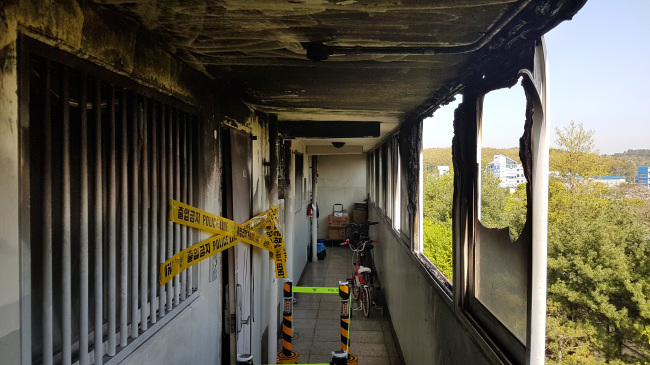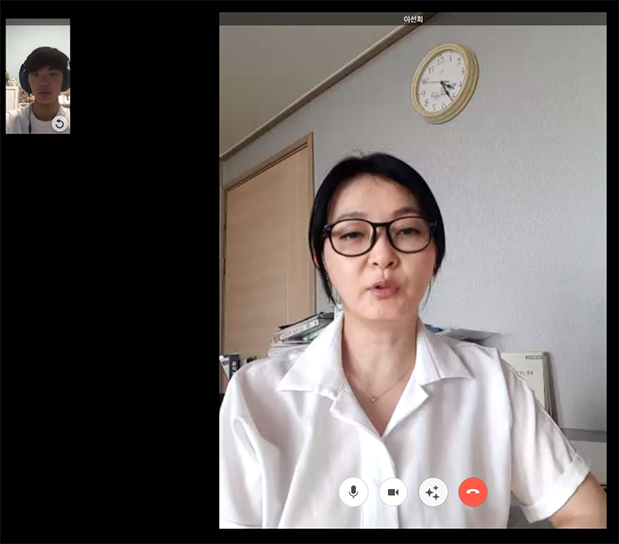South Korea boasts one of the healthiest populations in the world. According to the OECD (Organization for Economic Cooperation and Development), the average life expectancy of Koreans is 82.7, which ranks 11th in the world. South Koreans consume more vegetables per person than do people from any other country, and national obesity rate ranks the ninth-lowest in the world. What’s even more remarkable is that less than 30 years ago, South Koreans received medical care that was no better than what their northern neighbor received. However, a series of violent events in the past year have prompted the Korean government and the public to rethink the notion of living a “healthy” life.
Just this April, five people were killed and 15 others injured in a brutal arson-murder attack in the city of Jinju. The suspect was a 42-year-old man who had been treated for schizophrenia 68 times between 2011 and 2016. In December last year, a psychiatrist at Kangbuk Samsung Hospital in Seoul was stabbed by a patient suffering from bipolar disorder. And two months prior to this incident, there was another murder case involving a customer at an internet café in Seoul stabbing a 21-year-old part-time worker 32 times in the face. The perpetrator said that he had been suffering from depression for over 10 years.

These recent murder cases have led the Korean government and the public to reassess their long neglect for mental health. From a cultural and social perspective, Koreans have always had difficulty accepting and coping with mental health problems. Korea has the highest suicide rate among the OECD countries. Studies show that more than one third of the populations suffer from chronic stress. More than 28 percent of Korea’s elderly are depressed, compared with just 10 percent in the United States. But what is more critical is that most Koreans do not think of mental health issues as problems that need to be solved; intense social pressure, competition, stress, and depression are nothing more than everyday aspects of life in modern Korean society. Even if they do, they do not want to admit it. “There is a huge social stigma attached to mental health problems. People who receive treatment for mental health issues are viewed as being weak and mentally lacking, so people tend to ignore their symptoms and conceal their mental illness,” said Sunhee Lee, a psychiatrist working at a private clinic Seoul.

However, a more realistic barrier to treatment that prevents timely care for people suffering from mental illnesses is the lack of mental health care facilities throughout the country. There are only 243 mental health care centers with 2,524 medical professionals nationwide for more than 61,220 people in need of special care. That puts 24 patients under the care of a single mental hospital staff. These figures reveal just how much of a shortage in manpower there is for treating patients with mental illnesses in Korea.
Despite the recent tragedies, little has changed. Government funding for mental health facilities still lags behind those of other OECD countries. However, increased funding alone is not enough to address the root cause of the problem. A Korea Herald article reported in July that in the current government, the mentally ill have the last status following other disabilities, with no capacity to raise their voices due to stigmatization against mental illnesses. “What is needed is to have the government not only direct more resources in caring for these people, but also take the initiative in changing people’s perception about mental health in general,” added Sunhee Lee.

Chun Hei Chen
Grade 12
American International School (Hong Kong)

